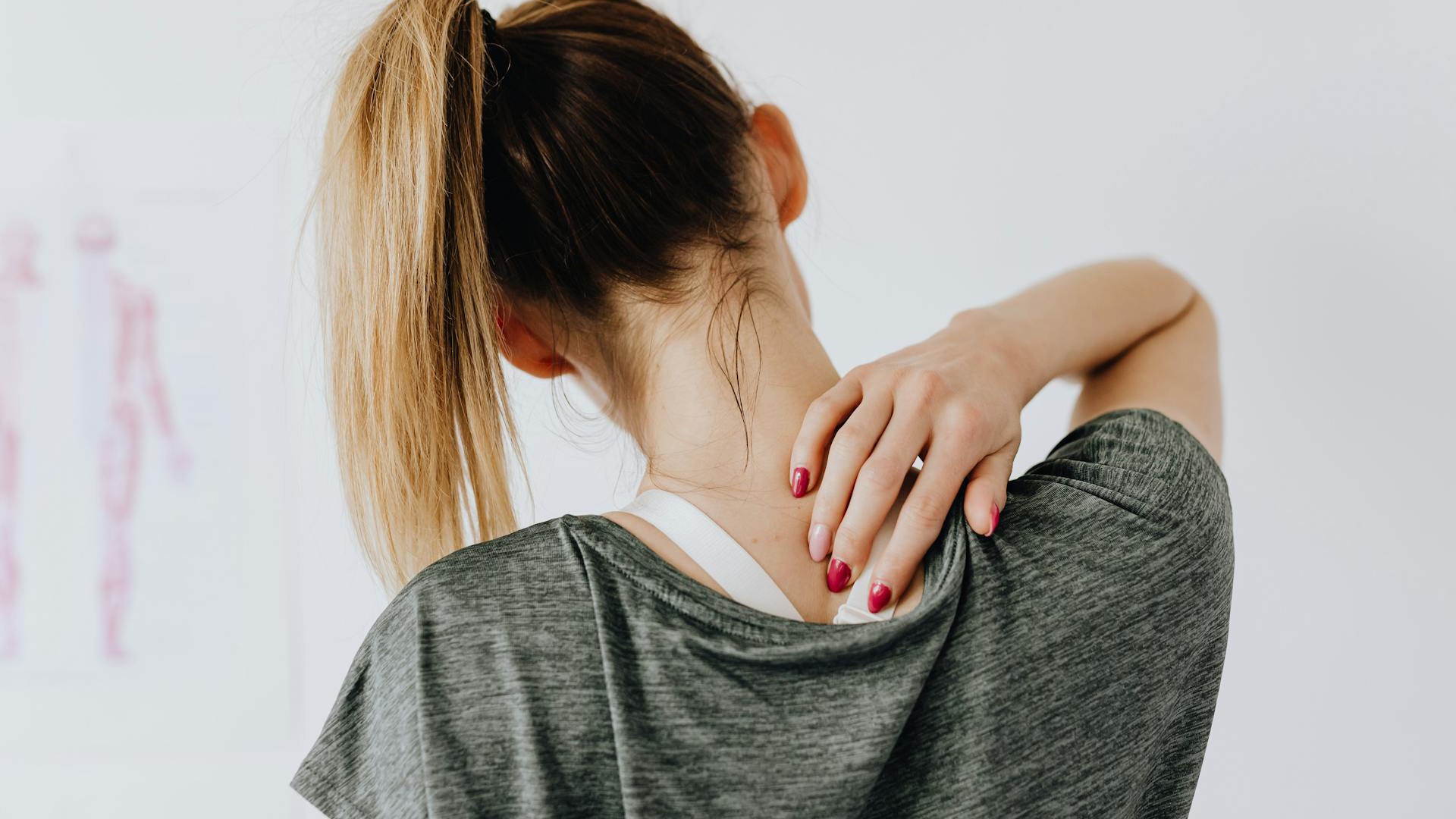A massage is a great idea any time, right? Wrong. There are certain times to avoid getting a massage, as any Portland massage therapist can attest.
DON’T Get a Massage When…
…You are ill. Don’t risk passing on your sickness. Stay home and rest until your symptoms clear up. When you’re sick, the body already has enough “work” to do—namely fighting infection and resting. Massage may actually make that work harder, by stimulating tissue when rest is really the best medicine.
…You’re taking certain medications. Always ask your doctor about counter indications to proscribed drugs. Massage can interfere with the action of certain medicines. Or, your prescription can make massage unwise. For instance, blood thinners may cause bruising following deep tissue massage. Intense painkillers may make it difficult for the massage client to perceive appropriate massage pressure. And blood pressure medication may make massage clients dizzy when getting up after a massage. Oftentimes, medication interaction concerns can be cleared up by discussing concerns with your therapist before the massage session begins.
…You’re intoxicated. It’s natural to seek out massage while on vacation. But hold off on that massage appointment if you just slammed back a couple of Mai Thais. Alcohol and other recreational drugs can make it more difficult for the massage recipient to feel when a massage is too intense, or too deep. As a massage client, your own sensitivity to sensation is a key ingredient in a good massage; your therapist needs your feedback to adjust pressure and methodology. If you’re drunk it’s harder to accurately feel your own body, and therefore harder to communicate what you need to your therapist.
…You have a sensitive injury or disorder, such as a slipped disc. In our Oregon school of massage, we educate students on which injuries should not be massaged. Irritated nerves or damaged bones should be left alone to heal, for instance. It’s also unwise to massage skin allergies such as eczema or poison ivy rashes. Finally, cancer’s unique way of spreading through the lymphatic system means that cancer patients should be sure their massage therapist understands the science behind proper cancer massage.
Aside from these situations, massage is a beneficial healing tool that you can rely on to improve your health at any time. By increasing blood flow to muscles and relieving stress, massage can optimize your body’s natural ability to heal itself. Don’t let these counter indications scare you away from the massage table—just be sure to thoroughly discuss your needs with your masseuse. In our Portland, Oregon massage program, we train students on how to professionally, respectfully communicate with clients about health conditions and which massage approaches will best serve the healing process.



